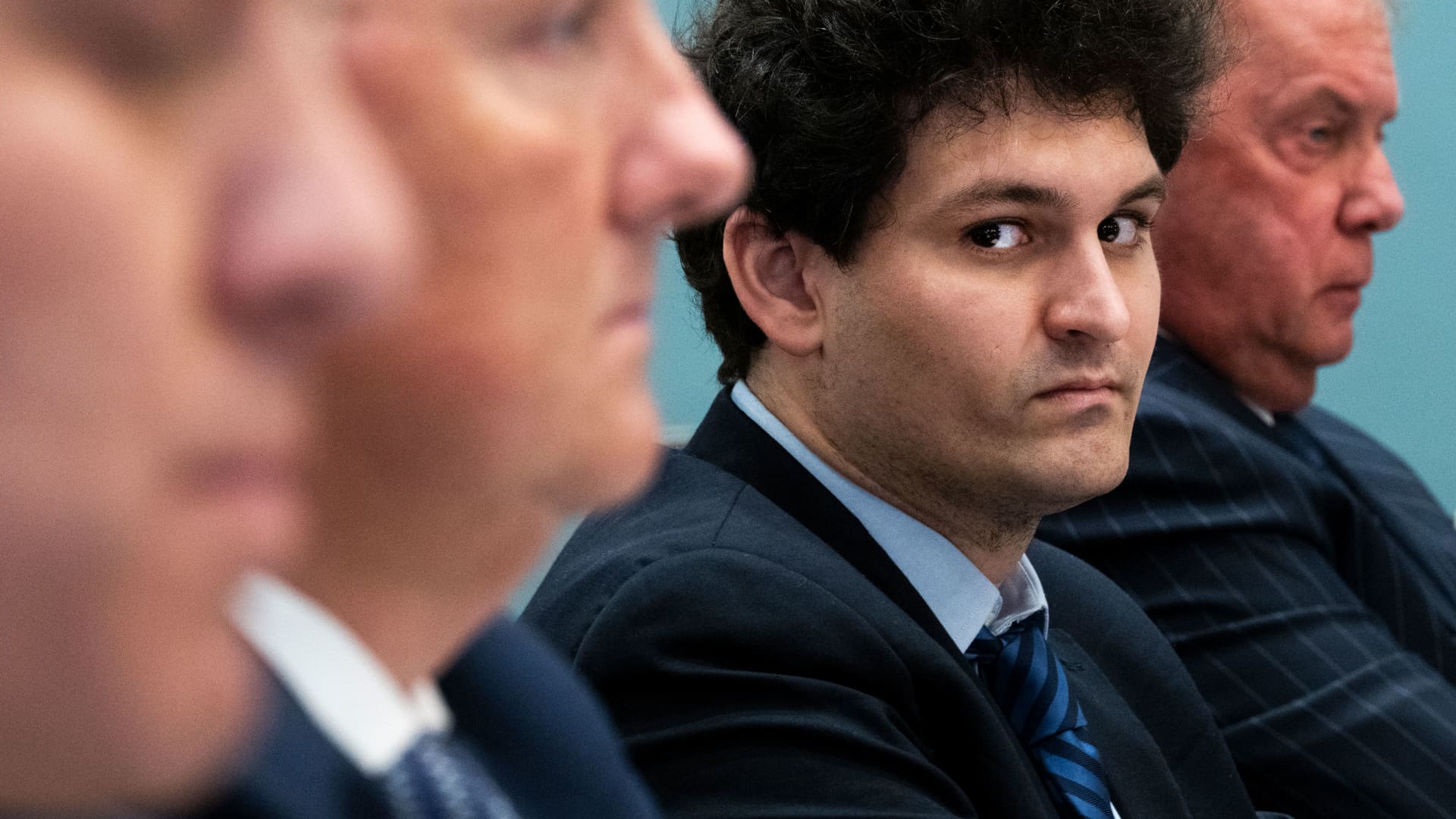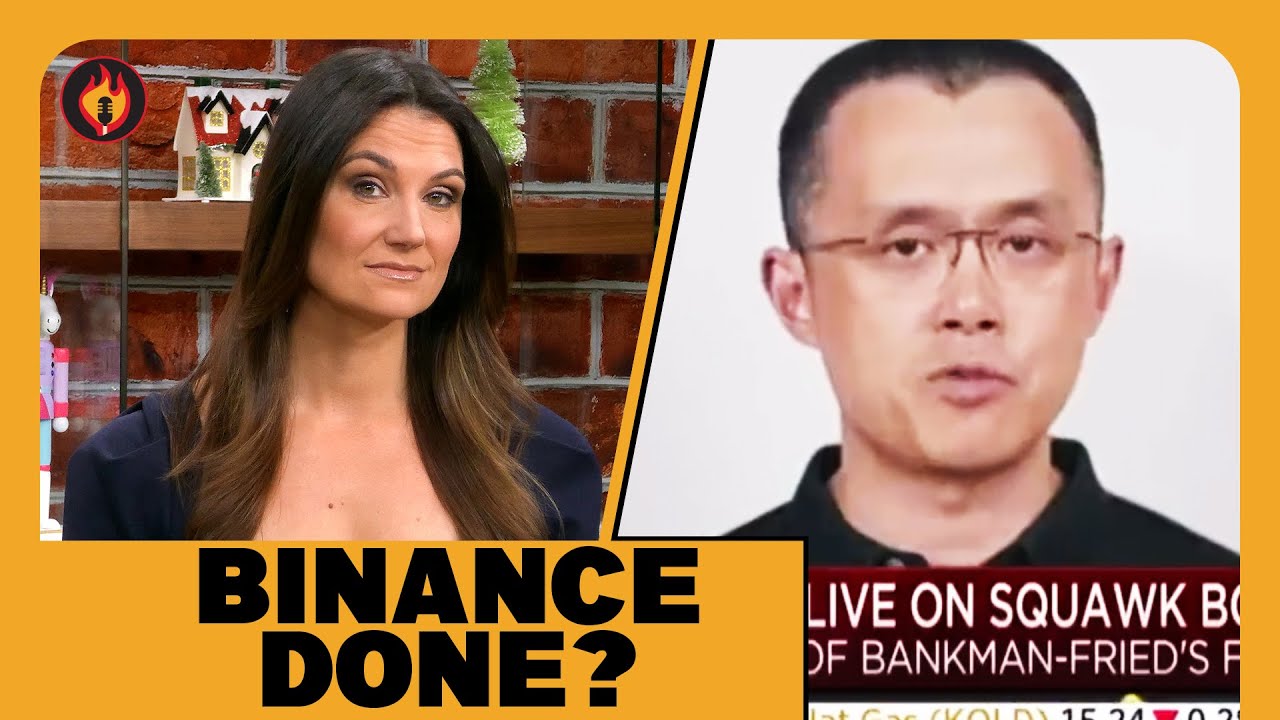jvdesigns2002
Footballguy
I think that Bitcoin should be viewed differently from the vast majority of the other ”crypto currencies”. I put the words in quotes because the reality is that the vast majority of the other crypto currencies that are out there are sh*t coins. Michael Saylor does a great job explaining why Bitcoin is a commodity and how most of the other coins are unregulated and unregistered securities. I’ll post the link below.
The blockchain can exist and provide value to the world without the existence of these garbage coins and the exchanges that are facades for ponzi schemes. It’s becoming clear that this whole FTX situation is probably going to domino effect and end up exposing a lot of other frauds in the world of crypto/nft’s. Heck, not surprisingly—now Logan Paul is connected to what looks to be a multi-million dollar fraud.
https://www.youtube.com/watch?v=elwtDslrLTI Michael Saylor explaining how the coins outside of bitcoin are virtually impossible to trust.
https://www.youtube.com/watch?v=386p68_lDHA coffeezilla going into a big crypto/nft scam that Logan Paul is tied to
The blockchain can exist and provide value to the world without the existence of these garbage coins and the exchanges that are facades for ponzi schemes. It’s becoming clear that this whole FTX situation is probably going to domino effect and end up exposing a lot of other frauds in the world of crypto/nft’s. Heck, not surprisingly—now Logan Paul is connected to what looks to be a multi-million dollar fraud.
https://www.youtube.com/watch?v=elwtDslrLTI Michael Saylor explaining how the coins outside of bitcoin are virtually impossible to trust.
https://www.youtube.com/watch?v=386p68_lDHA coffeezilla going into a big crypto/nft scam that Logan Paul is tied to





